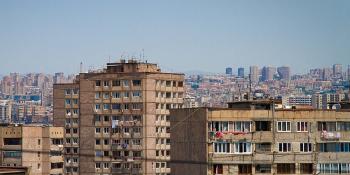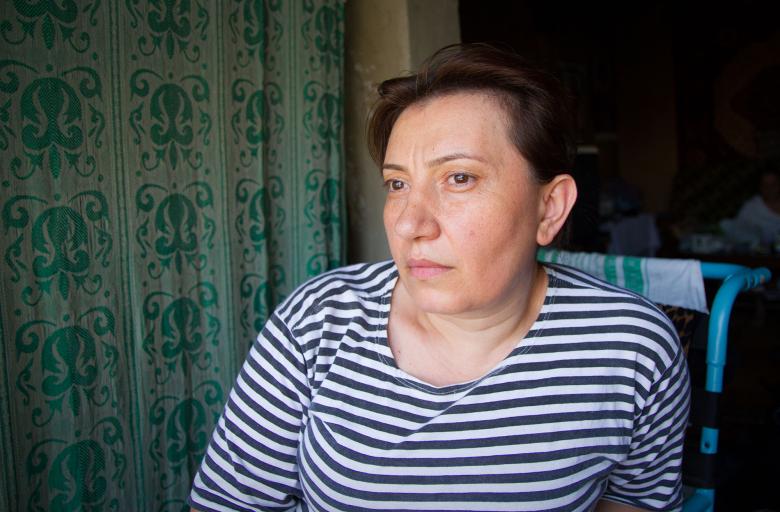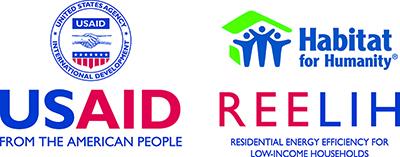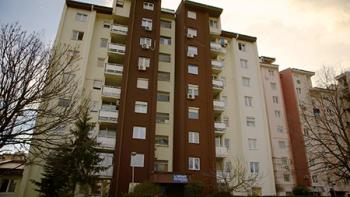
rely on REELIH
energy efficient homes in Central and Eastern Europe
The project REELIH (Residential Energy Efficiency in Low-Income Households) started in 2012, in Armenia and Bosnia and Herzegovina. The aim of the USAID and Habitat for Humanity Europe, Middle East and Africa`s project is to tackle a common problem across countries in Central and Eastern Europe - energy inefficiency.
After the mass privatization in 1990s in the countries of Central and Eastern Europe, ownership of the multi-apartment buildings was transferred from the state to residents. As there were no prior communal maintenance arrangements, common areas in buildings, like roofs, stairs and facades, fell into disrepair.
Who can rely on REELIH?
Gohar Bayatyan and other 1,500 residents received renovation loans and support through the REELIH project. It helped insulate their homes, cut individual energy bills, and improved their building’s grim exterior. Read more about it in the story Makeover for Yerevan.

Gohar lives in Yerevan, Armenia, in one of the apartment blocks that underwent partial renovation.

What have we achieved?
- In Armenia, 10 buildings (519 housing units, 1,500 residents) have had partial retrofit works completed. The work of Habitat for Humanity and USAID has led to a commitment from the Yerevan Municipality to co-finance retrofits on 900 further units.
- In Bosnia and Herzegovina, four demonstration buildings (49 housing units, 133 residents) have been fully retrofitted. This has attracted the attention of local governments in the Tuzla Canton who have now adopted an action plan to retrofit further homes in 13 municipalities. And the numbers should gradually grow.
The continued success of the work in Armenia and Bosnia-Herzegovina is now inspiring further work in the region. Macedonia got involved in the second phase of the REELIH project which takes place from 2017 to 2019. It is funded by the United States Agency for International Development (USAID).
Webinar about the REELIH outcomes
On 13 February 2018, the LEDS-EEP organized the webinar Learning from Eastern Europe: An energy efficiency model to reduce energy poverty in residential buildings. Besim Nebiu and Zita Kakalejcikova, from Habitat for Humanity, introduced the processes and outcomes of the REELIH project. Watch the webinar:
Webinar: Learning from Eastern Europe: An energy efficiency model to reduce energy poverty in residential buildings.
Find out more about the project here:
- Project website: getwarmhomes.org
- Bosnia-Herzegovina: topaodom.ba
- Armenia: taqtun.am
- LinkedIn group: Energy efficiency for common spaces
This web site is made possible by the support of the American people through the United States Agency for International Development (USAID). The contents are the sole responsibility of the Habitat for Humanity Europe, Middle East and Africa and do not necessarily reflect the views of USAID or the United States Government.

